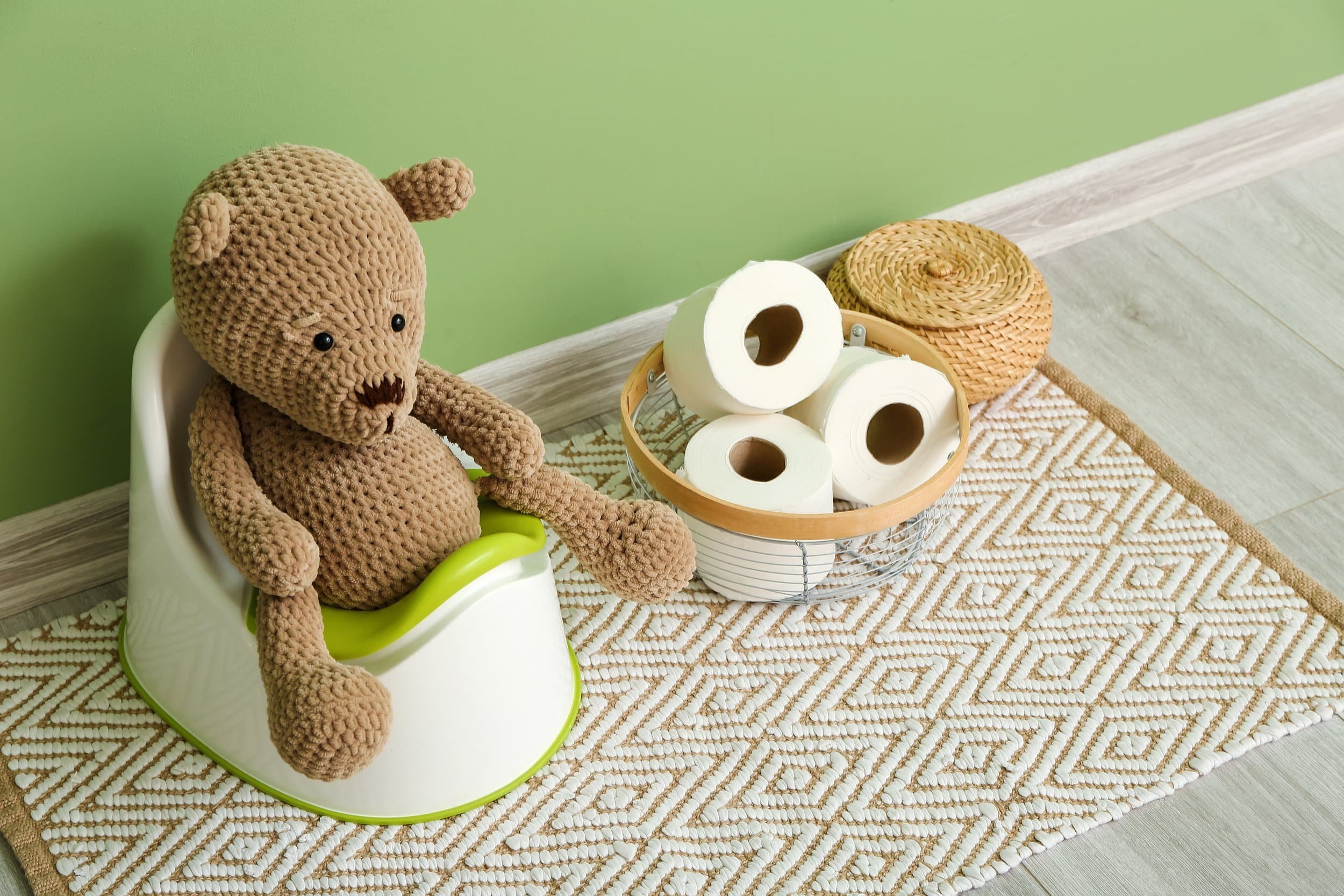Paediatric Continence Physiotherapy
Compassionate Care for Bladder and Bowel Health
Bladder and bowel issues in children are more common that most people realise and often go hand-in-hand. Incontinence in children can significantly impact a families day to day life. It can be a point of stress and sometimes anxiety for children and their parents. We work with lots of families who have needed to design their life around their child’s continence concerns. We find it very rewarding to see the positive impact that working with families on this issue can lead to.
What is Paediatric
Continence Physiotherapy?
Paediatric continence physiotherapy works with children experiencing constipation, urinary incontinence or nighttime wetting (bedwetting). We look closely at what factors may be contributing to the concern, and work with you to create a treatment plan. We often work closely with GPs, paediatricians, gastroenterologists and occupational therapists to support children to develop independence in toileting.
Supporting Children Through
Bladder & Bowel Challenges
We help children manage constipation, encopresis, daytime wetting, night-time wetting, and continence difficulties related to neurological conditions. Through gentle assessment, individualized strategies, and multidisciplinary collaboration, we guide families in developing effective toileting plans that improve comfort, confidence, and daily wellbeing.
What to expect in an
Continence Physiotherapy assessment?
Your child’s first appointment begins with a relaxed conversation to understand their continence concerns, history, and goals, followed by a tailored assessment that may include posture, strength, and bladder or bowel tracking. From there, we create an individualised treatment plan and collaborate with your GP or specialists—referring to other providers when needed—to ensure comprehensive, coordinated care.
1. Initial appointment
We start with a chat! We want to know what the main concern is, how long it’s been an issue and what other treatment has been trialled. We want to fully understand your goals so we can work together to create a plan.
2. Thorough assessment
Continence assessments are a little bit different to typical physiotherapy assessments. Following a comprehensive discussion, we may ask you to complete a bladder and bowel diary, or may assess posture, strength and range of motion of joints to get more information.
3. Develop a treatment plan
Once we have completed an assessment, we will summarise our findings and discuss a treatment plan unique to your child’s needs. It may involve bladder training, timed toileting, postural changes, interoception training, or recommendations of bedwetting alarms amongst other things!)
4. We collaborate
We like to link in with your GP or specialist to coordinate our treatment approach. We want the best outcome for your child which requires everyone on the same page.
5. Referral to other therapists
Sometimes we need to refer to another therapist if multi-disciplinary support is indicated. This may include a gastroenterologist, General practitioner, dietician or occupational therapist.
Questions, Answered with Care
Continence concerns can feel overwhelming, but you’re not alone. Explore our FAQs to learn what continence physiotherapy involves, who it can help, what sessions look like, and how we support young people and their families every step of the way.
-
If you have a referral or scan result that is relevant to your concern, please bring it with you. Please wear shorts or tights rather than loose clothing as it helps us see the alignment better.
We do require a parent to attend the appointment with children.
You do not need to bring any photos of stools; however it is helpful to know what Bristol Stool Type your child typically passes.
-
You don’t require a referral to see us – you can book online or call the clinic to speak with our reception team.
-
Our initial appointments are around 1 hour and follow up appointments are around 45 minutes.
-
We see children for continence concerns over 4 years old.
-
We don’t provide advice on toilet training methods in children. Most children we work with have already been toilet-trained, and haven’t been successful or have toilet trained initially and then developed accidents.
-
Most children are toilet trained by 5 years old, however accidents are still common. We recommend an assessment if the accidents are occurring frequently, if there are signs of constipation or if your child isn’t able to determine if their bladder is nearing fullness and in need of emptying (we commonly see this when parents can see their child doing ‘the wee dance’ and children remain insistent that they don’t need to go).
-
Yes, often if bedwetting alarms are implemented prior to when recommended they often do not work. We consider holistically why a child might be wetting through the night – this includes if a child has adequate bladder capacity, if they’re delayed falling asleep, mouth breathing or waking through the night. If you are concerned about your kiddo’s bedwetting, we encourage you to reach out.
Have questions? Go to our FAQs
Help Starts Here!
If you're seeking care for your child's physical development and well-being, we're here to help. We are committed to providing compassionate and effective treatment tailored to your child's unique needs. Whether your child is experiencing difficulties with mobility, balance, coordination, or other physical challenges, we're here to support them on their journey toward improved strength, function, and independence.
Contact us today to schedule an appointment and take the first step toward unlocking your child's full potential.

